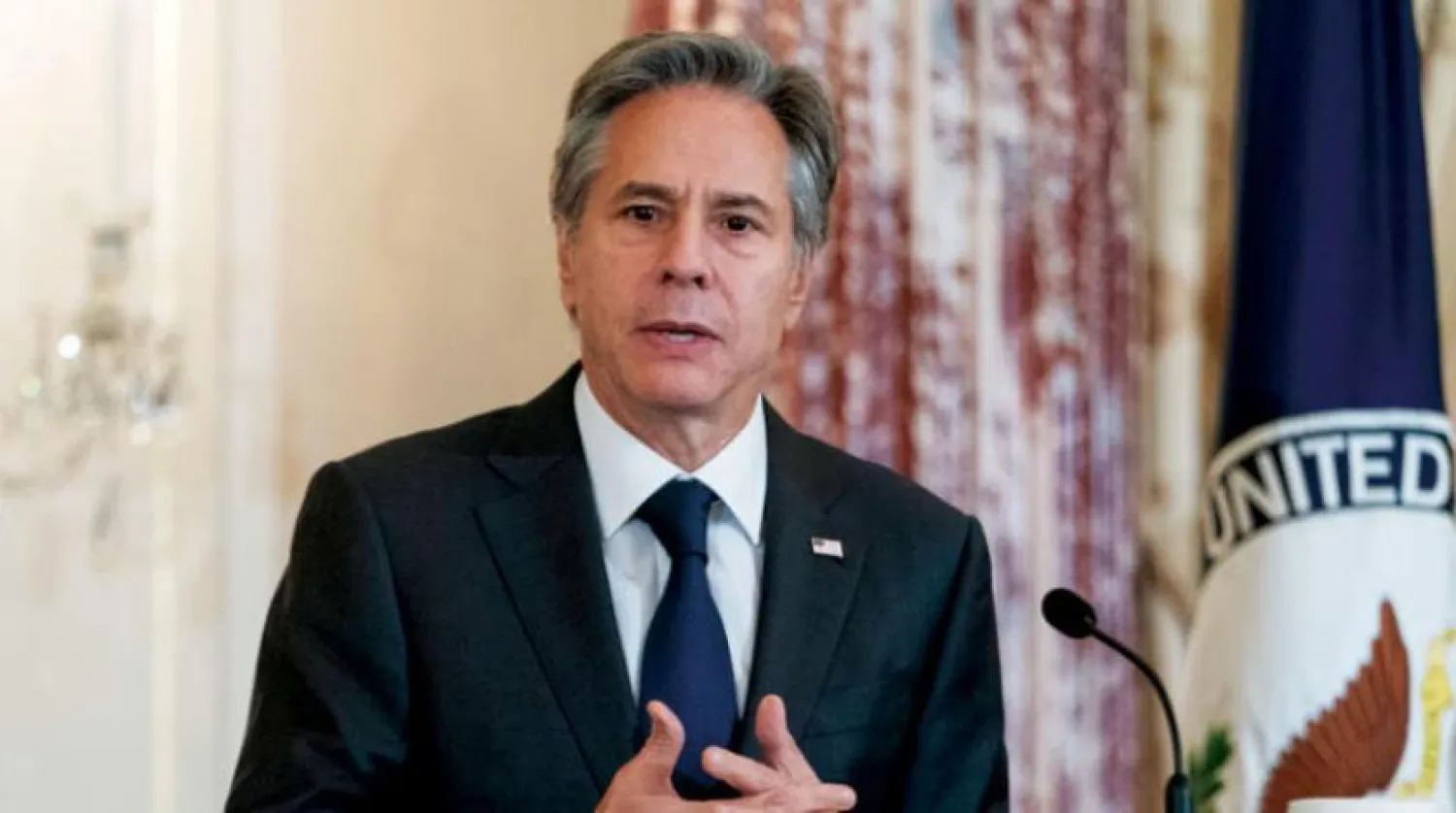The US on Monday imposed sanctions on three high-ranking Syrian Army officials involved in gross violations of human rights, namely their role in a chemical attack in Eastern Ghouta, a suburb of Damascus, in 2013.
As a result of the sanctions, the three officers as well as their immediate family members are ineligible for entry into the United States.
“Brigadier General Adnan Aboud Hilweh, Major General Ghassan Ahmed Ghannam, and Major General Jawdat Saleebi Mawas were involved in gross violations of human rights, namely the flagrant denial of the right to life of at least 1,400 people in Ghouta,” US Secretary of State Anthony Blinken said in a press statement.
He added that this crime is part of the atrocities committed by the Assad regime, some of which rise to the level of war crimes and crimes against humanity.
Blinken’s statement added that few are as inhumane and abhorrent as the repeated use of chemical weapons against civilians.
It recalled that in August 2013, the Syrian Artillery and Missile Directorate of the Syrian Armed Forces launched rockets carrying the nerve agent sarin, a deadly chemical, on Ghouta, a suburb of Damascus, killing at least 1,400 people, many of them children.
“Today, we are taking additional action to promote accountability,” the US Secretary of State said.
The Department of State said it is designating the three Syrian regime military officials involved in these airstrikes, pursuant to Section 7031(c) of the Department of State, Foreign Operations, and Related Programs Appropriations Act, 2022.
It also condemned in the strongest possible terms any use of chemical weapons anywhere, by anyone, under any circumstances.
“The United States calls on the Assad regime to fully declare and destroy its chemical weapons program and provide immediate and unfettered access for the Organization for the Prohibition of Chemical Weapons personnel in accordance with its international obligations,” the statement added.
Blinken said his country will continue to support Syrian-led and international efforts to ensure there are consequences for the ongoing human rights violations and abuses committed in Syria.
He stressed Washington’s support for the brave Syrians who continue to risk their lives to hold the Assad regime accountable will not waver.
“We will pursue every measure to find justice for victims and survivors of atrocities and to promote accountability for those responsible, including the Assad regime and its allies and to stand with and support the Syrian people in their demands for human rights and fundamental freedoms, security, and peace,” Blinken said.









